Home>Gardening & Outdoor>Garden Tools & Equipment>How To Use A Leaf Blower
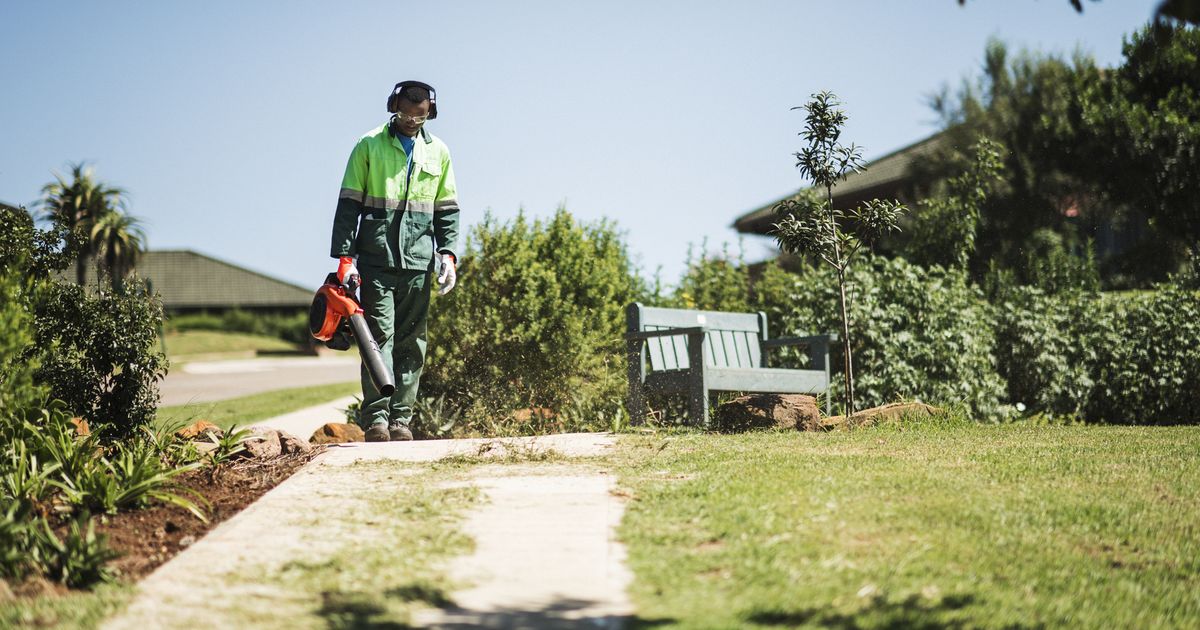

Garden Tools & Equipment
How To Use A Leaf Blower
Modified: October 21, 2024
Learn how to effectively use a leaf blower for your garden maintenance with our comprehensive guide on garden tools and equipment. Master the art of leaf blowing today!
(Many of the links in this article redirect to a specific reviewed product. Your purchase of these products through affiliate links helps to generate commission for Storables.com, at no extra cost. Learn more)
Introduction
Welcome to the world of gardening and lawn care! As you embark on this fulfilling journey of nurturing your outdoor space, you'll quickly realize the importance of having the right tools at your disposal. One such indispensable tool is the leaf blower, which can significantly streamline the process of clearing leaves, debris, and grass clippings from your yard. Whether you're a seasoned gardener or just getting started, mastering the art of using a leaf blower will undoubtedly elevate your outdoor maintenance game.
Picture this: a crisp autumn morning, the sun casting a warm glow on the vibrant foliage. As you step outside, you're greeted by a carpet of fallen leaves, creating a picturesque scene. While the sight may be visually appealing, the task of tidying up your yard can seem daunting. This is where the leaf blower comes to the rescue, offering a convenient and efficient solution to keep your outdoor space immaculate throughout the year.
In this comprehensive guide, we'll delve into the world of leaf blowers, exploring everything from safety precautions to the nitty-gritty of operating and maintaining these powerful machines. Whether you're a homeowner with a modest garden or a professional landscaper tending to expansive lawns, this guide is tailored to equip you with the knowledge and expertise needed to make the most of your leaf blower.
So, grab your gardening gloves and let's dive into the wonderful world of leaf blowers, where practicality meets precision, and the symphony of leaves being whisked away signals the start of a well-groomed outdoor oasis.
Key Takeaways:
- Mastering the art of using a leaf blower ensures efficient leaf clearance while prioritizing safety, proper maintenance, and choosing the right blower for a seamless gardening experience.
- Embrace the transformative power of the leaf blower to sculpt a canvas of natural beauty, nurturing your outdoor sanctuary with each graceful sweep and gentle gust.
Read more: What Is A Leaf Blower
Safety Precautions
Before delving into the operational aspects of a leaf blower, it’s crucial to prioritize safety. These powerful tools, while incredibly useful, demand careful handling to prevent accidents and ensure a secure working environment. By adhering to the following safety precautions, you can harness the full potential of your leaf blower while safeguarding yourself and those around you.
- Protective Gear: Prior to using a leaf blower, don the appropriate protective gear. This includes safety goggles to shield your eyes from debris, ear protection to mitigate the noise, and a dust mask to prevent inhalation of airborne particles.
- Footwear: Opt for sturdy, closed-toe shoes to shield your feet from potential hazards such as small rocks or twigs propelled by the blower’s force.
- Clearing the Area: Before starting the leaf blower, ensure the work area is free of obstacles, debris, and tripping hazards. Remove any large stones, branches, or other objects that could be inadvertently propelled by the blower.
- Environmental Awareness: Be mindful of your surroundings, especially when operating a gas-powered leaf blower. Avoid using the blower near flammable materials or in areas where the exhaust could pose a fire hazard.
- Proper Ventilation: If using a gas-powered leaf blower, operate it in well-ventilated areas to minimize the inhalation of exhaust fumes.
- Stability and Balance: Maintain a stable stance while operating the leaf blower to prevent loss of balance. Pay attention to your footing, especially on uneven terrain.
- Respect Noise Regulations: If you live in an area with noise regulations, ensure compliance by using the leaf blower during permissible hours and adhering to any applicable noise restrictions.
- Manufacturer’s Guidelines: Familiarize yourself with the specific safety guidelines outlined in the leaf blower’s user manual. Adhering to the manufacturer’s recommendations is paramount for safe and effective operation.
By embracing these safety precautions as fundamental practices, you can create a secure environment for utilizing your leaf blower, allowing you to focus on the task at hand with peace of mind. Remember, safety always comes first!
Choosing the Right Leaf Blower
When it comes to selecting a leaf blower that aligns with your specific needs and preferences, navigating the array of options available can be a daunting task. However, by considering key factors and understanding the different types of leaf blowers, you can make an informed decision that enhances your gardening experience. Here’s a comprehensive guide to help you choose the right leaf blower for your outdoor maintenance endeavors.
Types of Leaf Blowers:
Leaf blowers are broadly categorized into three main types: handheld, backpack, and walk-behind (or wheeled) blowers. Each type offers distinct advantages, catering to various yard sizes, terrain complexities, and user preferences.
- Handheld Leaf Blowers: Ideal for smaller yards and light to moderate leaf-clearing tasks, handheld blowers are compact, lightweight, and easy to maneuver. They are well-suited for homeowners seeking portability and ease of storage.
- Backpack Leaf Blowers: Designed for extended use and larger outdoor areas, backpack blowers provide enhanced power and efficiency. Their ergonomic design and padded straps distribute the blower’s weight, offering comfort during prolonged operation.
- Walk-Behind (Wheeled) Leaf Blowers: Suited for substantial clearing jobs and commercial use, walk-behind blowers feature wheels for effortless maneuverability. Their robust blowing capacity makes them suitable for heavy-duty tasks on expansive properties and landscaped areas.
Power Source:
Leaf blowers are powered by electricity, gasoline, or batteries, each with its unique attributes.
- Gas-Powered Blowers: Known for their robust performance and unrestricted mobility, gas-powered blowers are suitable for large-scale projects. They offer powerful airflow and are not limited by cord length or battery life.
- Electric Blowers: Corded electric blowers are lightweight and environmentally friendly, emitting minimal noise and no exhaust emissions. Battery-powered blowers provide cordless convenience, making them suitable for smaller tasks and areas without easy access to power outlets.
Additional Considerations:
When selecting a leaf blower, factors such as noise level, airspeed, and air volume (measured in cubic feet per minute, or CFM) should also be taken into account. Furthermore, assessing the availability of accessories, such as vacuum and mulching attachments, can enhance the blower’s versatility and utility.
By evaluating your property size, terrain characteristics, and desired features, you can narrow down the options and choose a leaf blower that complements your gardening aspirations. Whether you opt for the agility of a handheld blower, the power of a backpack model, or the efficiency of a walk-behind blower, selecting the right leaf blower sets the stage for a seamless and gratifying outdoor maintenance experience.
When using a leaf blower, start from the edges of the area and work your way towards the center to gather the leaves in one place for easier cleanup.
Operating the Leaf Blower
Now that you’ve selected the perfect leaf blower for your outdoor space, it’s time to delve into the intricacies of operating this versatile tool with finesse and efficiency. Whether you’re embarking on a leaf-clearing mission or tidying up after mowing the lawn, mastering the art of using a leaf blower will elevate your gardening experience to new heights. Here’s a comprehensive guide to help you make the most of your leaf blower while achieving optimal results.
Preparation and Positioning:
Prior to starting the leaf blower, ensure that you are appropriately attired with the necessary safety gear, as outlined in the safety precautions section. Position yourself in the center of the area to be cleared, allowing for a systematic and comprehensive approach to leaf dispersal. If using an electric blower, ensure that the power cord or battery is securely connected and unobstructed for unrestricted movement.
Starting the Blower:
Depending on the type of leaf blower you have, the starting mechanism may vary. Gas-powered blowers typically require a pull-start, while electric blowers can be activated with the press of a button or trigger. Refer to the manufacturer’s instructions for specific guidance on starting your leaf blower, ensuring that the engine or motor engages smoothly and idles at the designated speed.
Techniques for Effective Blowing:
When wielding a leaf blower, adopt a sweeping motion from side to side, directing the airflow in a controlled manner to disperse the leaves and debris. Start from the edges of the area and work your way towards the center, creating neat piles for easy collection. Adjust the blower’s nozzle or tube to optimize the airflow direction and intensity, tailoring it to the specific task at hand.
Managing Leaf Piles:
As you clear the area, periodically consolidate the scattered leaves into manageable piles using the blower’s airflow. This facilitates efficient collection and disposal, preventing the leaves from being dispersed back into the cleared zones. Exercise caution when maneuvering the blower around delicate plants, garden beds, and decorative features to avoid causing damage or displacing mulch.
Adhering to Noise Regulations:
If operating the leaf blower in a residential area or locale with noise regulations, be mindful of the permissible hours for leaf blower usage. Additionally, consider using noise-reducing attachments or mufflers to minimize the impact on surrounding areas while achieving your leaf-clearing objectives.
By implementing these operational techniques and exercising mindfulness throughout the leaf-blowing process, you can harness the full potential of your leaf blower, transforming the arduous task of leaf clearance into a seamless and rewarding endeavor. With each gentle gust of air, your outdoor space will undergo a remarkable transformation, unveiling the true beauty of a well-maintained garden or lawn.
Maintenance and Cleaning
Ensuring the longevity and optimal performance of your leaf blower hinges on regular maintenance and diligent cleaning practices. By incorporating these essential tasks into your gardening routine, you can preserve the functionality of your leaf blower while safeguarding its components from wear and tear. Let’s explore the key maintenance measures and cleaning rituals that will keep your leaf blower in prime condition for the long haul.
Cleaning the Air Filter:
The air filter is a vital component of your leaf blower, responsible for trapping dust, debris, and other particles to prevent them from entering the engine. Over time, the filter can become clogged, hindering airflow and impeding the blower’s performance. Regularly inspect the air filter and clean or replace it as recommended by the manufacturer to maintain optimal air intake and engine efficiency.
Inspecting and Tightening Fasteners:
Periodically inspect the blower’s housing, handles, and attachments to ensure that all fasteners and screws are securely tightened. Vibrations during operation can cause these components to loosen over time, potentially compromising the blower’s stability and functionality. By promptly addressing any loose fasteners, you can prevent unnecessary wear and maintain the blower’s structural integrity.
Checking Spark Plugs and Ignition Systems:
For gas-powered leaf blowers, regular inspection of the spark plugs and ignition systems is essential to facilitate smooth engine ignition and consistent performance. Remove and inspect the spark plug, ensuring that it is free of carbon deposits and that the electrode gap meets the manufacturer’s specifications. Additionally, examine the ignition system for any signs of wear or damage, addressing any issues promptly to sustain reliable engine operation.
Draining and Refilling Fuel:
If your leaf blower is fueled by gasoline, it’s imperative to adhere to proper fuel management practices. Before storage or extended periods of inactivity, drain the remaining fuel from the tank and run the blower until the fuel lines and carburetor are empty. Refill the tank with fresh, high-quality gasoline when preparing to use the blower again, ensuring that the fuel mixture meets the manufacturer’s recommendations for optimal engine performance.
Storage and Protection:
When the leaf blower is not in use, store it in a clean, dry environment, sheltered from the elements and potential sources of damage. Utilize a protective cover or designated storage space to shield the blower from dust, moisture, and direct sunlight, preserving its appearance and functionality for years to come.
Lubrication and Blade Maintenance:
If your leaf blower features moving parts, such as impellers or fan blades, regular lubrication and inspection are essential to prevent friction-related wear and ensure smooth operation. Follow the manufacturer’s guidelines for lubricating specific components, enhancing the blower’s efficiency and longevity.
By integrating these maintenance practices into your leaf blower care regimen, you can uphold its performance, extend its lifespan, and derive consistent value from this indispensable gardening tool. Embracing a proactive approach to maintenance and cleaning not only enhances the blower’s functionality but also reinforces your commitment to cultivating a well-maintained and thriving outdoor sanctuary.
Read more: When Was The Leaf Blower Invented
Conclusion
As we draw the curtains on this comprehensive guide to using and maintaining a leaf blower, it’s evident that this versatile tool holds the power to transform the way we approach outdoor maintenance and gardening. From the gentle rustle of fallen leaves to the meticulous art of tidying up our outdoor havens, the leaf blower stands as a steadfast ally, simplifying the arduous task of clearing debris and ushering in a sense of order and serenity.
By embracing safety precautions as a non-negotiable priority, choosing the right leaf blower tailored to your unique needs, mastering operational techniques with finesse, and adhering to diligent maintenance practices, you can unlock the full potential of this indispensable tool. Whether you’re a homeowner tending to a modest garden or a professional landscaper sculpting expansive lawns, the leaf blower emerges as an invaluable asset, streamlining the process of maintaining a well-groomed outdoor oasis.
As you embark on your leaf-blowing endeavors, envision the symphony of leaves being whisked away by the gentle yet commanding gusts of air, unveiling the true splendor of your meticulously tended garden or lawn. Each swirling leaf becomes a testament to your dedication and the seamless synergy between nature and human ingenuity.
So, the next time you step outside on a crisp autumn morning or a balmy summer afternoon, armed with your trusty leaf blower, remember that you’re not merely clearing leaves – you’re sculpting a canvas of natural beauty, nurturing your outdoor sanctuary, and embracing the harmonious coexistence of man and nature.
Embrace the transformative power of the leaf blower, and let its gentle whispers of wind carry your outdoor space to new heights of splendor and tranquility. With each graceful sweep and gentle gust, you’re not just using a leaf blower – you’re orchestrating a symphony of nature’s dance, where the rhythm of the seasons meets the artistry of your care.
So, go forth, embrace the art of leaf blowing, and let your outdoor sanctuary flourish under the gentle command of this remarkable tool. With each whispering breeze, your garden will echo with the harmonious notes of a beautifully tended landscape, a testament to your dedication and the transformative power of the leaf blower.
Frequently Asked Questions about How To Use A Leaf Blower
Was this page helpful?
At Storables.com, we guarantee accurate and reliable information. Our content, validated by Expert Board Contributors, is crafted following stringent Editorial Policies. We're committed to providing you with well-researched, expert-backed insights for all your informational needs.
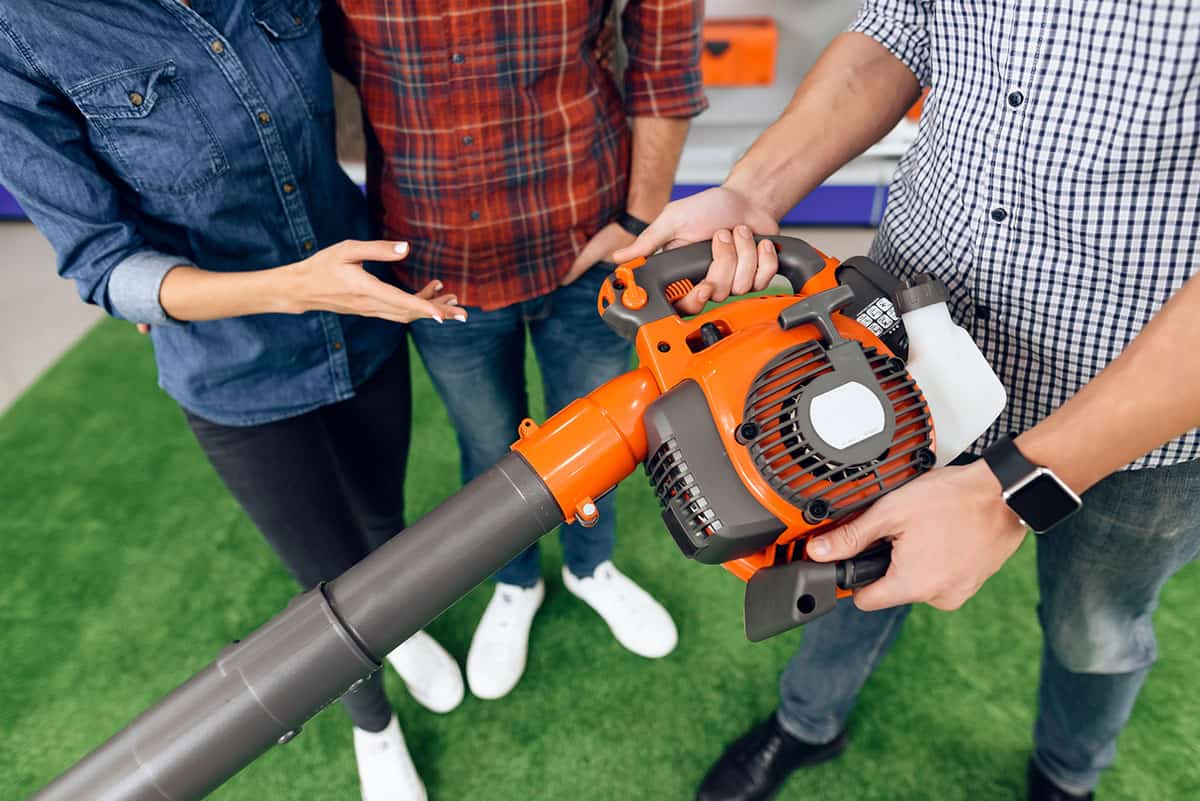
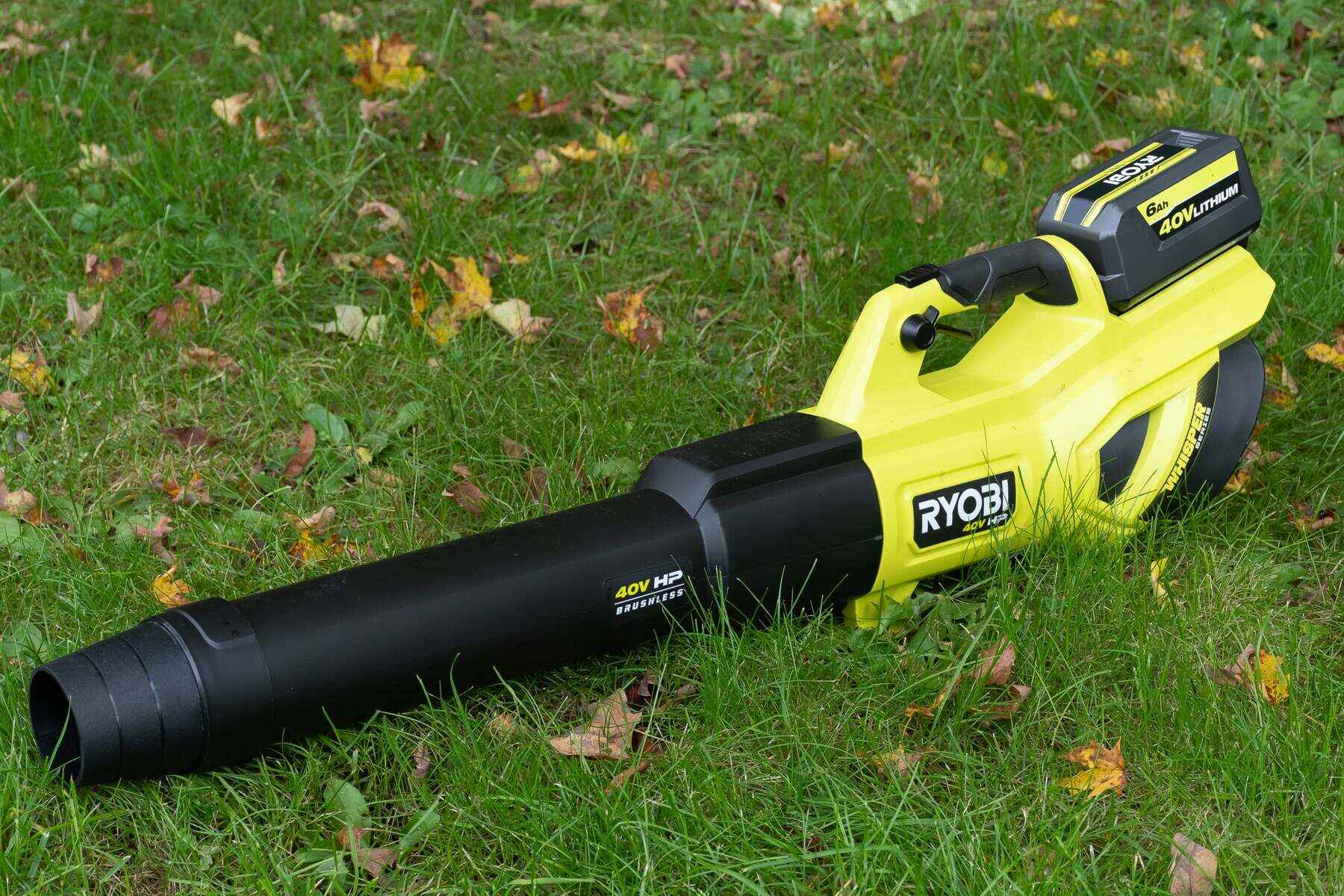
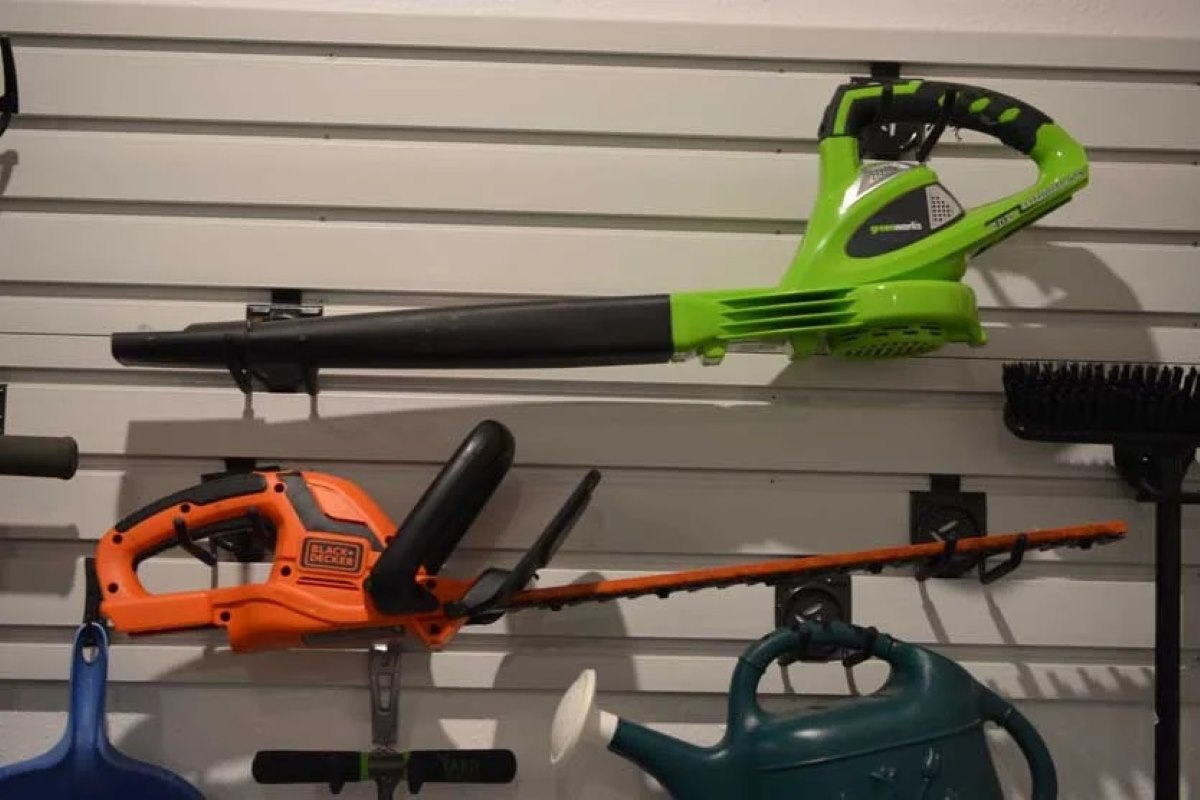
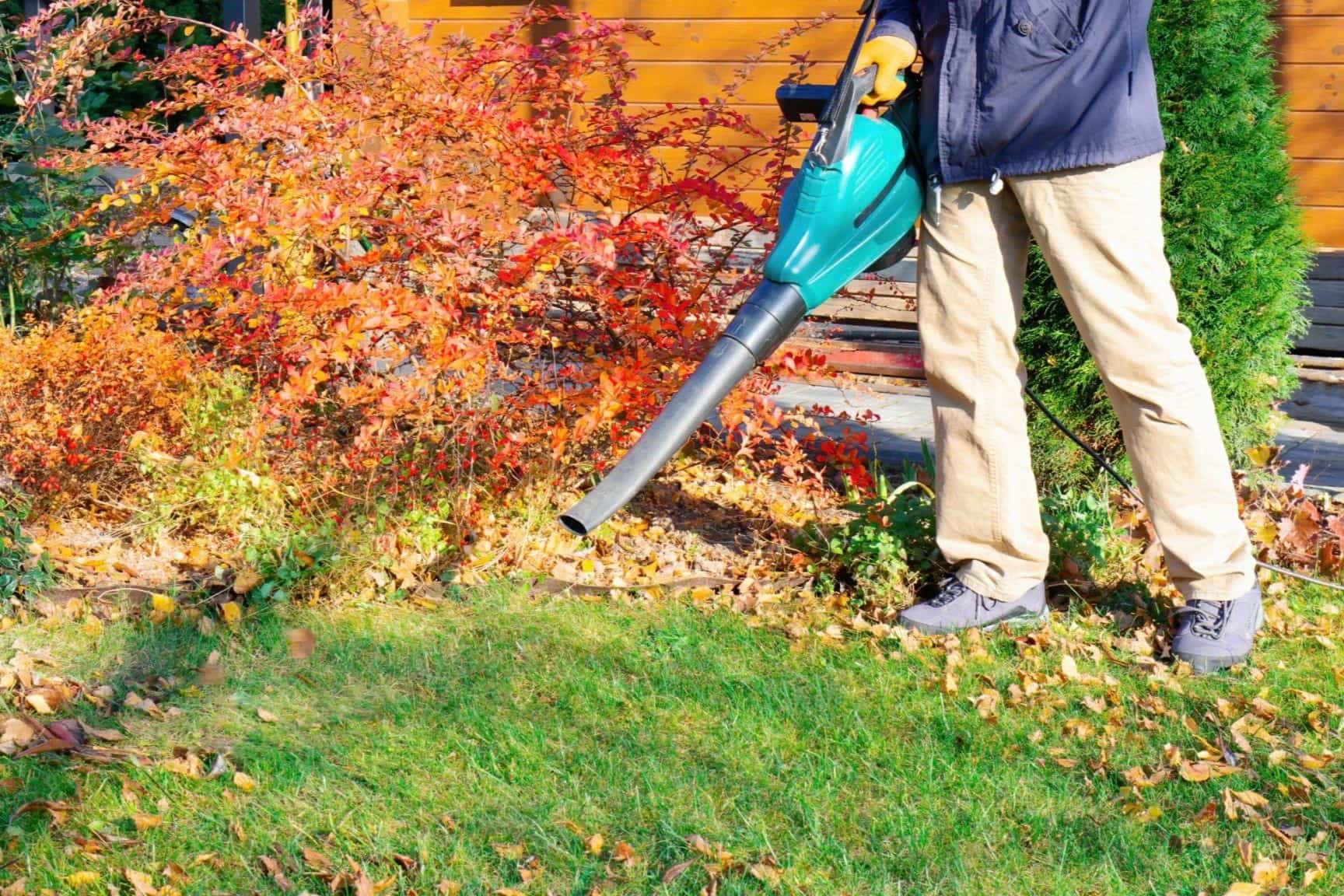
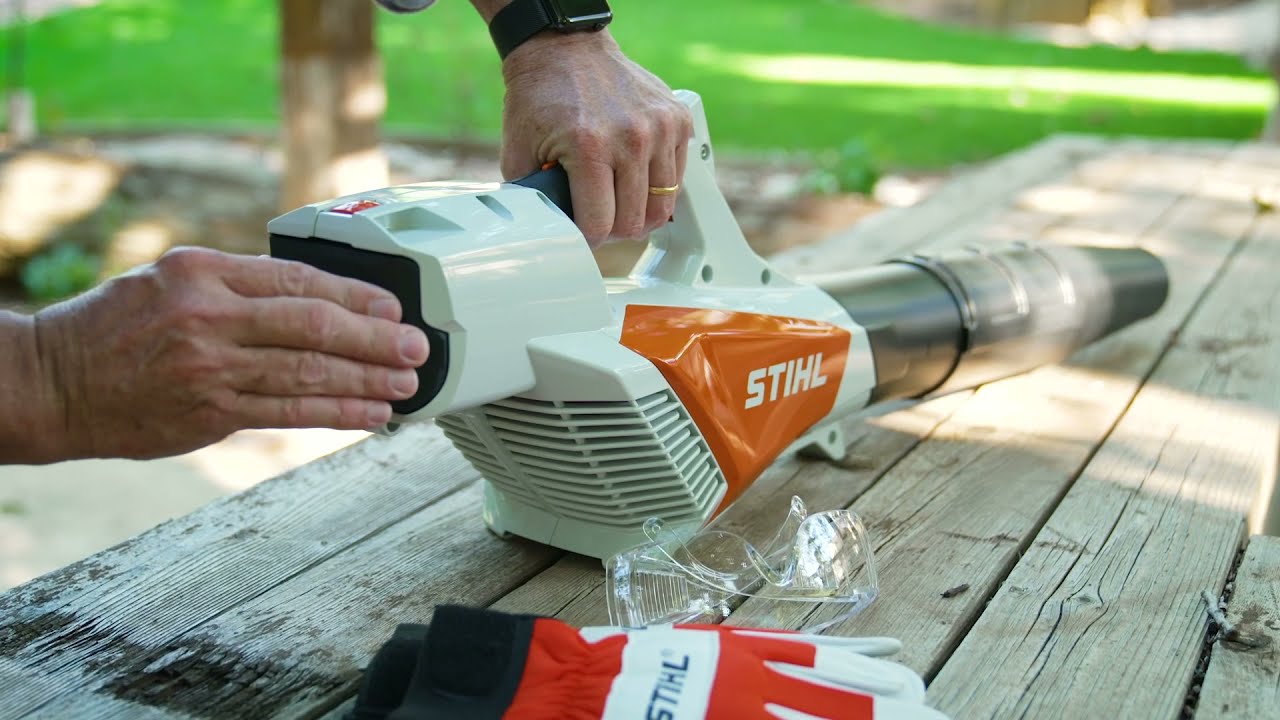
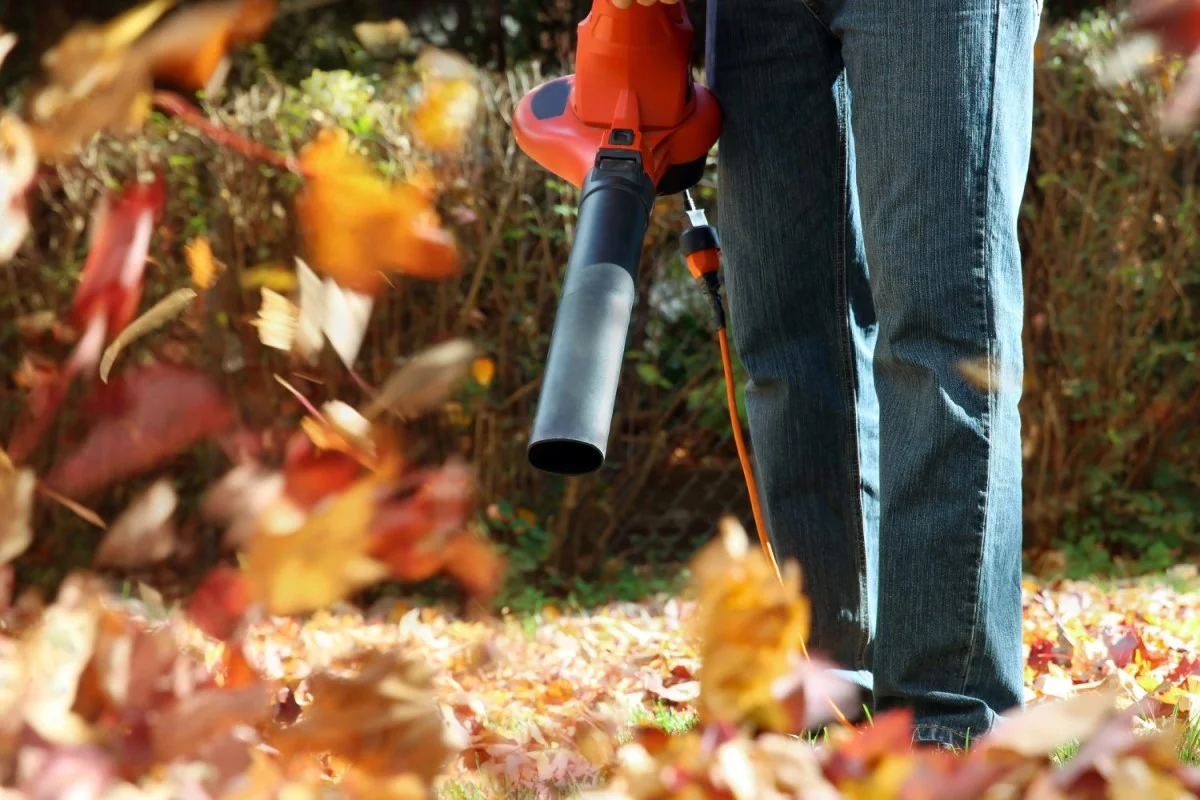
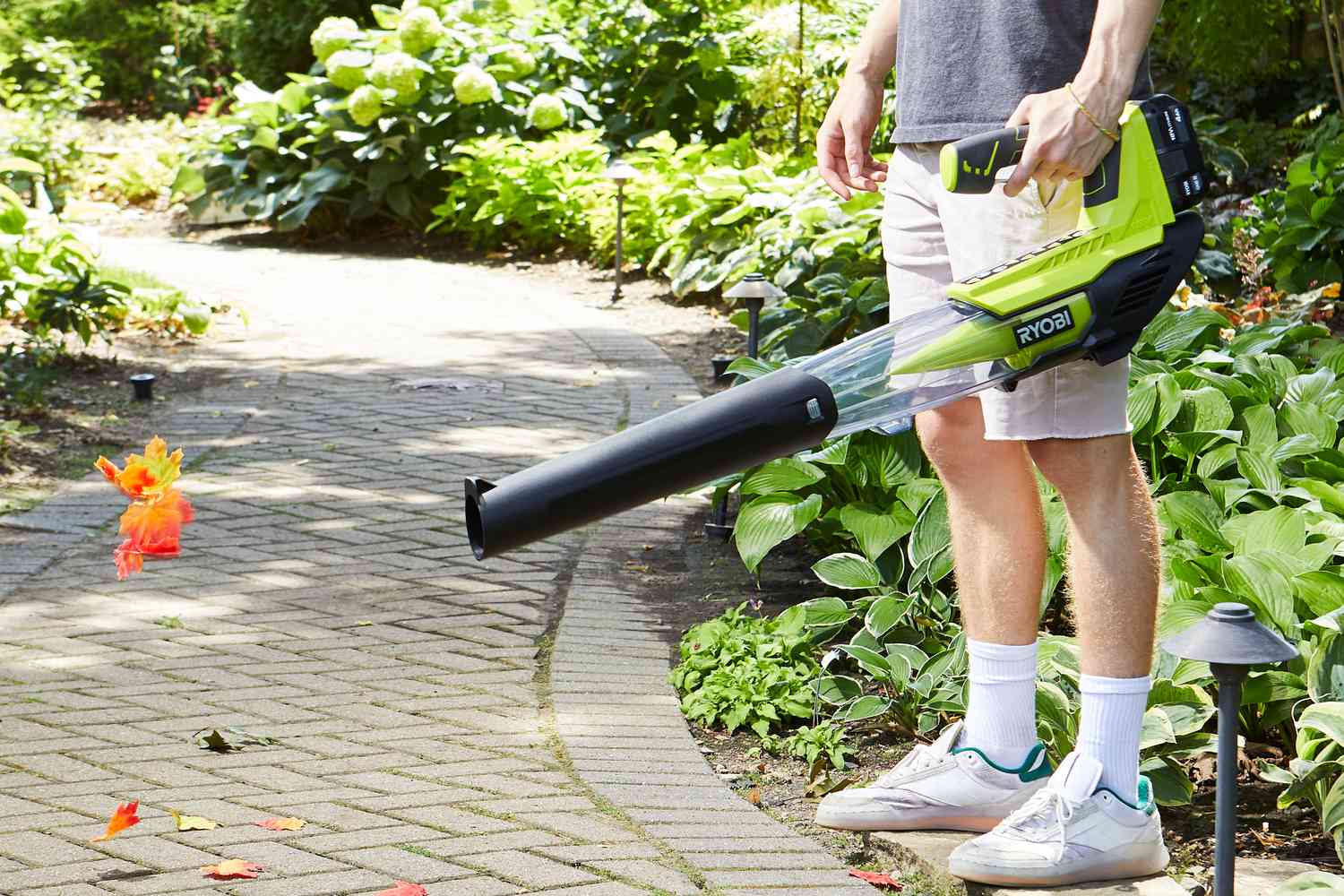
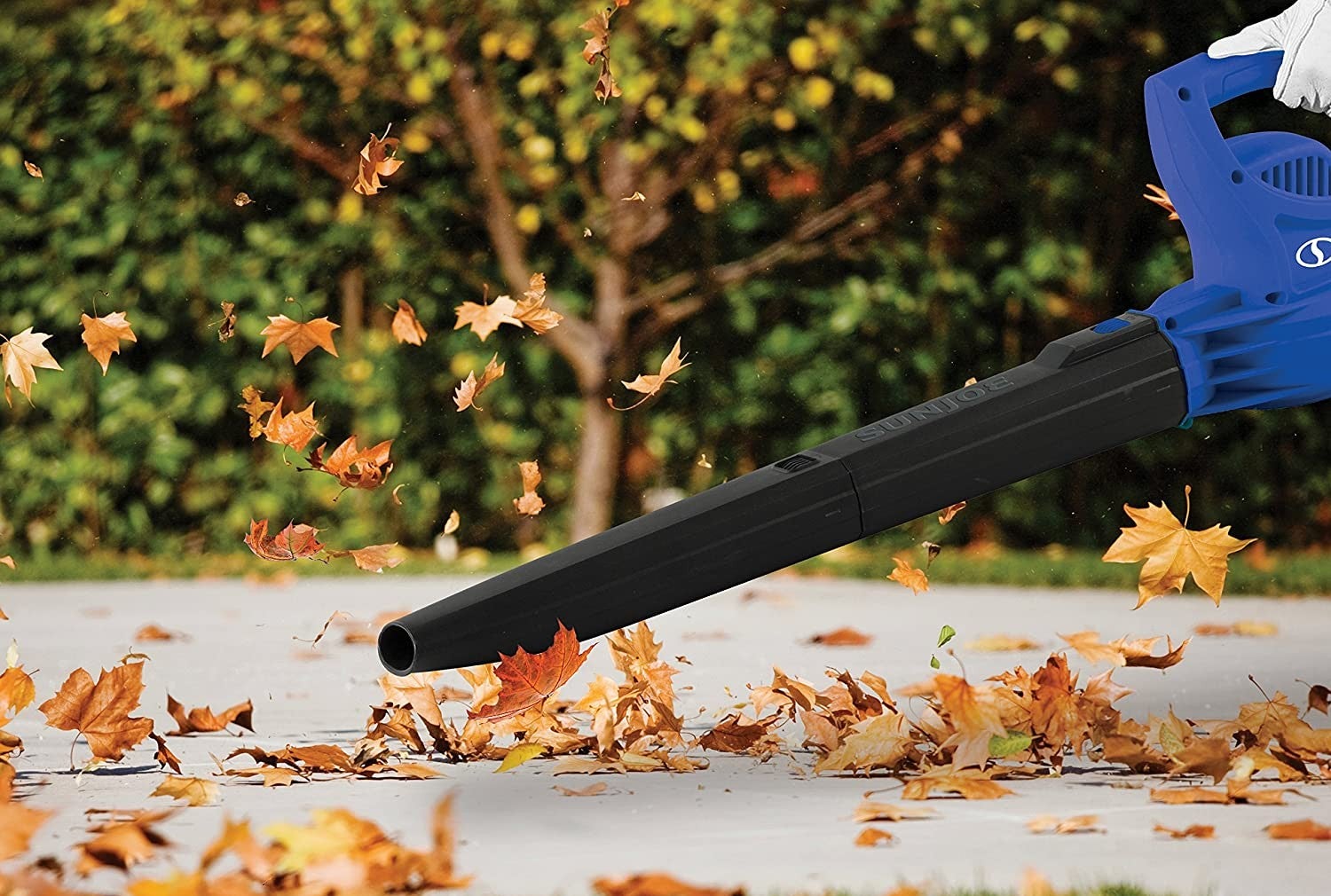
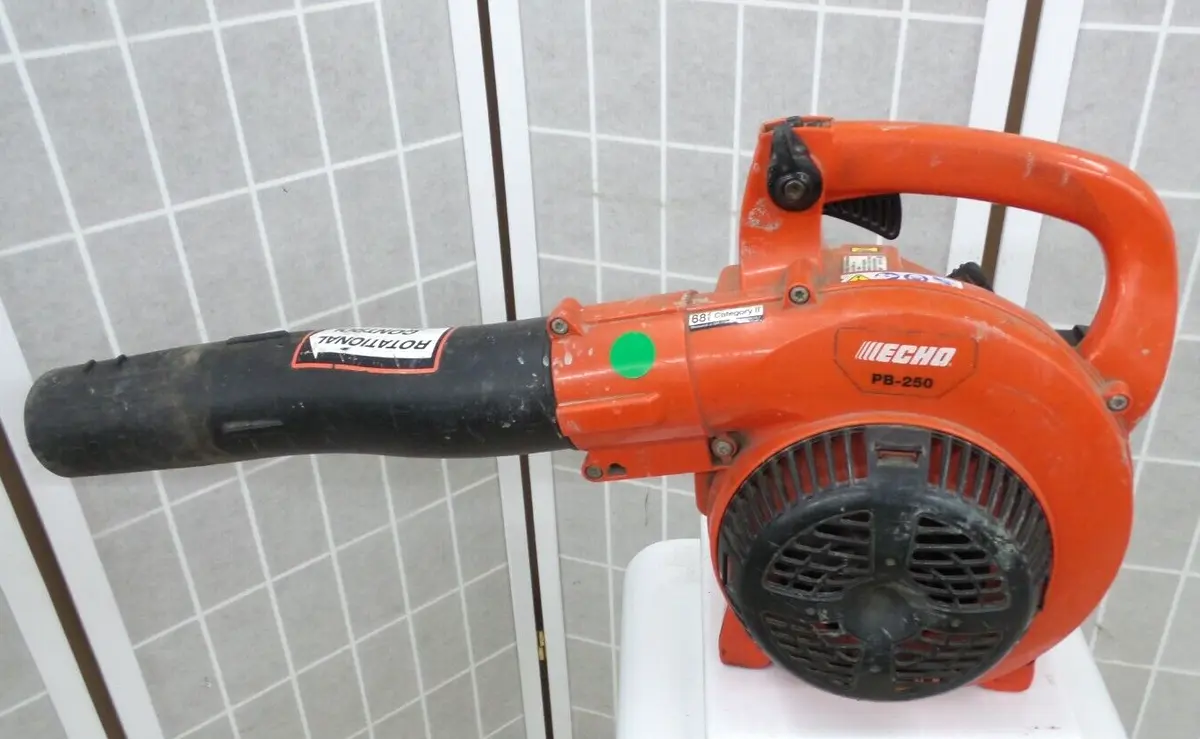
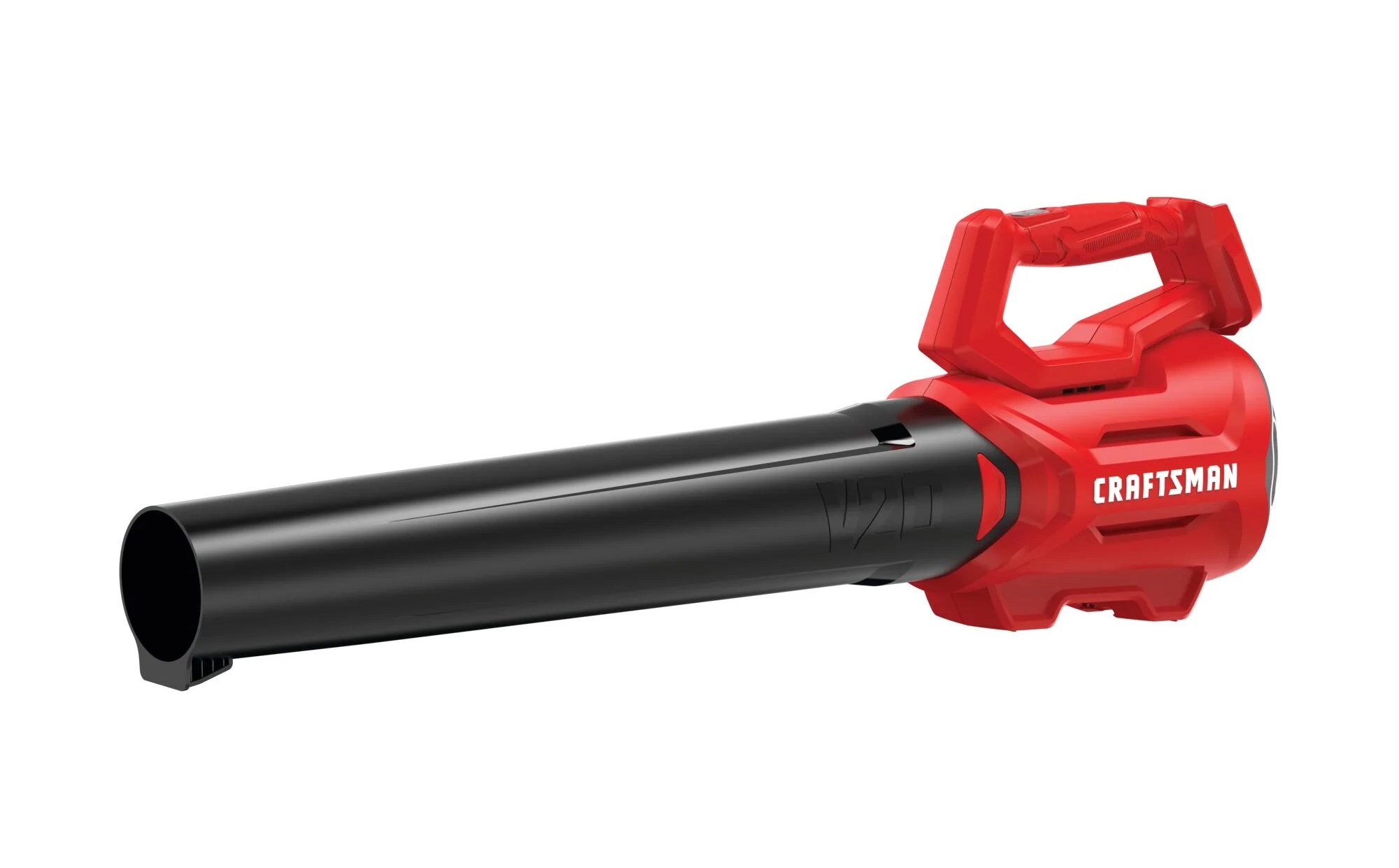
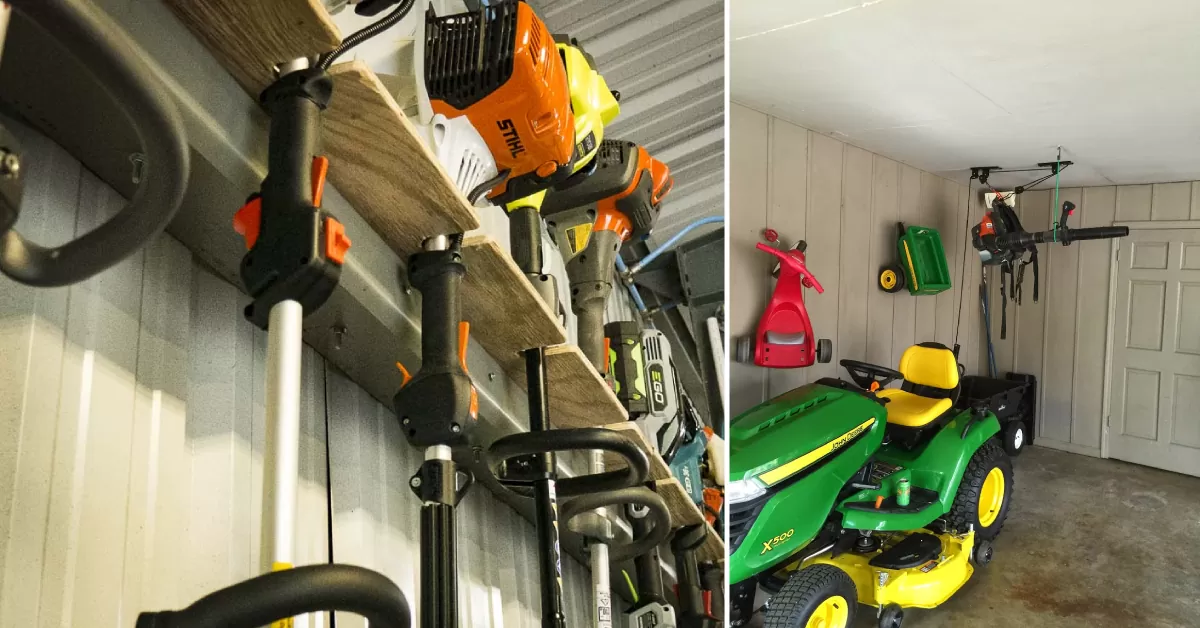
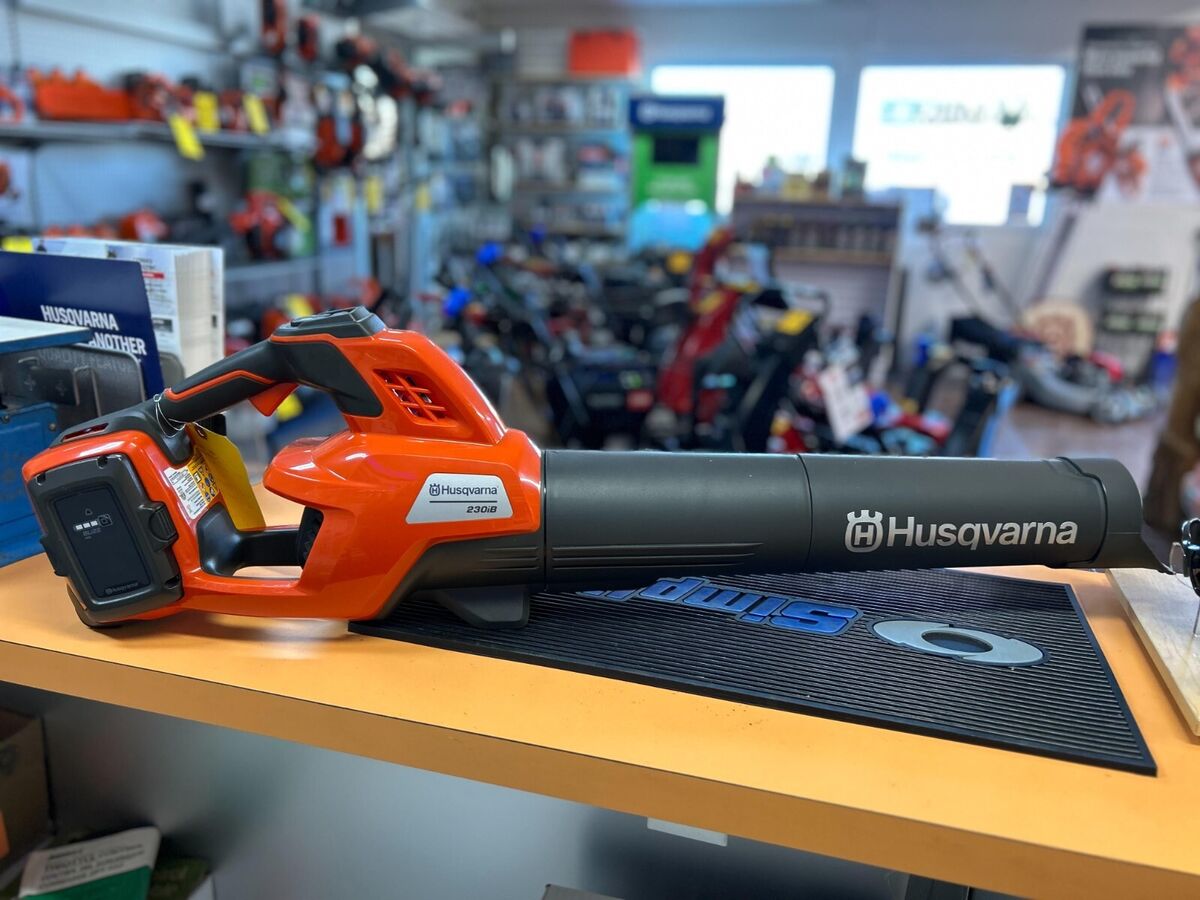
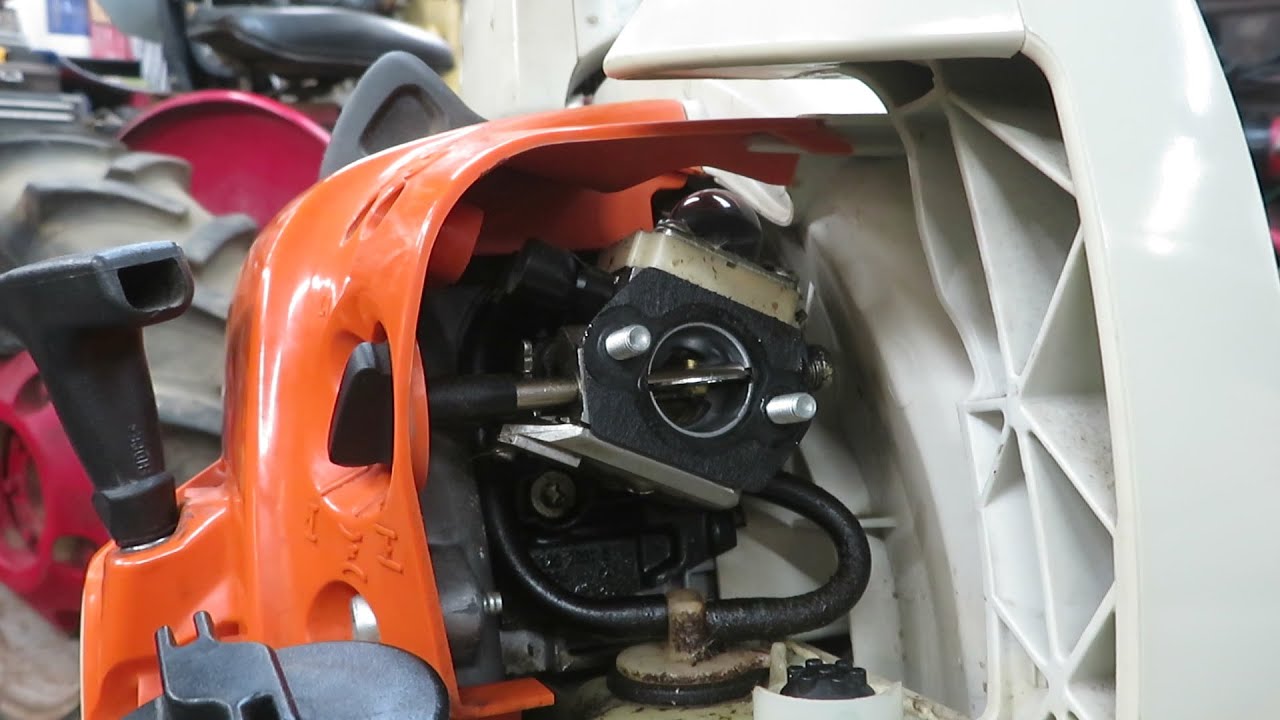
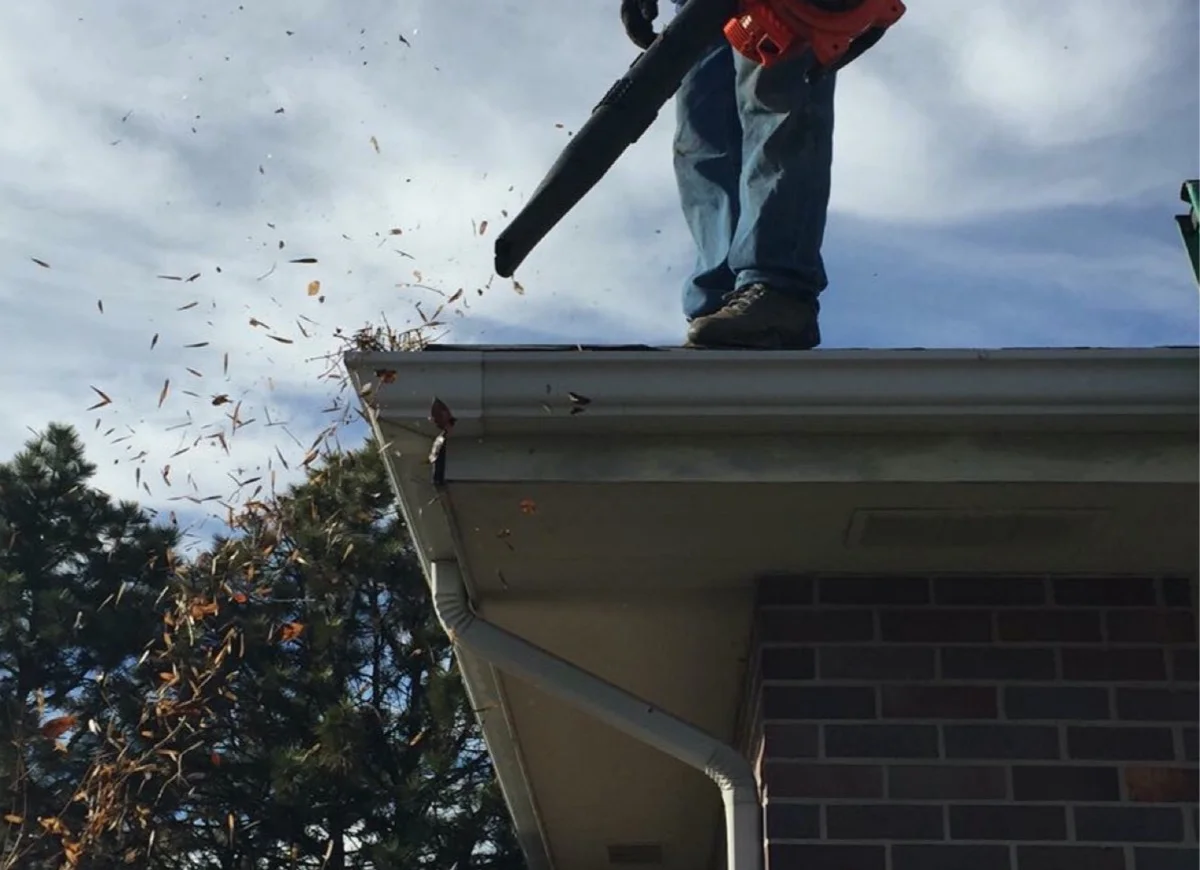

0 thoughts on “How To Use A Leaf Blower”